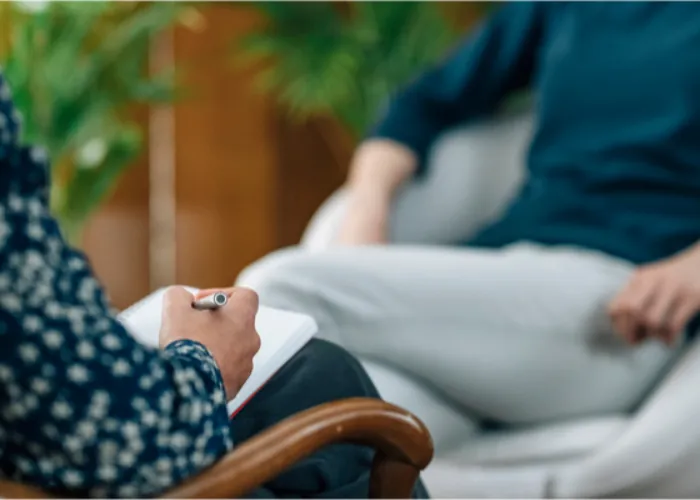Teens today face more pressure than ever around body image issues — from social media, peer comparisons, even negative comments from friends or family. As parents, caregivers, or trusted adults, how we talk about food, weight, and bodies matters deeply. When done with care, conversations can support mental health, build healthy body image, and prevent disordered eating.
Here’s how to create a safe space for teens, encourage open communication, and model positivity around food and bodies.
Why These Conversations Are So Important
- Teens often feel bad about their bodies due to unrealistic ideal body shapes and sizes portrayed online.
- Negative body image can lead to eating disorders, depression, or anxiety.
- How a young person thinks about food, weight loss, or physical activity can shape many aspects of mental and physical well-being.
Creating a Safe, Trusting Environment
- Validate Their Feelings
When a teen expresses worry or shame about their body, don’t dismiss it. Say things like, “I see this is hard,” or “It makes sense you feel this way given what you hear from social media.” Validating helps them feel seen. - Encourage Open Communication
Ask gentle questions: “What do you think about how people talk about food at school?” or “How does seeing photos online affect how you feel about yourself?” Let them lead; avoid lecturing. - Spend Time Together
Shared activities — cooking, grocery shopping, or exploring different food groups — can help normalize food as fuel, pleasure, health. It builds trust and models how to talk about nourishment instead of weight or dieting.
What & How to Talk About Food, Bodies, and Activity
- Focus on what bodies do, not what they look like. Praise strength, energy, ability to move.
- Talk about physical activity as a way to feel good—not as punishment for eating or to alter body shape.
- Emphasize food diversity: different food groups nourish the body in different ways. Show that all foods can have a place.
Modeling Positive Behaviors
Teens watch adults closely. What you say, how you act, what you eat, and even how you talk about your own body influence them.
- Avoid negative comments about your own body or others’ bodies.
- Don’t cancel meals or talk about dieting in front of them.
- Avoid making social media or appearance the measure of success or happiness.
Responding to Social Media & Negative Comments
- Talk together about what teens see on social media. “Does that image seem realistic?” “What editing might have happened?” Help them develop a critical eye.
- If they share they’ve been hurt by negative comments, whether in person or online, offer comfort: “That’s not fair,” “You are more than what others say,” and help them detach from harmful comparisons.
When Eating Disorders or Extreme Negative Body Image Appear
Sometimes, negative body image escalates into more serious problems: restrictive eating, obsessive focus on weight loss, unhealthy exercise, or avoiding whole food groups. If you notice:
- Preoccupation with size, shape, or weight
- Severe dieting or skipping meals
- Dramatic mood changes around food or body image
Reach out for help. Exult Healthcare offers therapy services, adolescent/teen psychiatry, and programs designed to address eating disorders and the mental health impacts of negative body image. Early support can prevent more serious issues from developing.
Final Thoughts
Talking to teens about body image and food isn’t always easy—but it’s powerful. When you:
- Create a safe environment,
- Encourage open communication,
- Validate their feelings, and
- Model positive behaviors around food, bodies, and physical activity —
you help them develop a healthy body image, protect their mental health, and reduce risk of eating disorders.
At Exult Healthcare, the goal is to support teens and families in these conversations. With trained therapists, teen psychiatry, group therapy, and mindfulness offerings, there are many ways to get help. If you’re concerned or want guidance, reaching out sooner helps.


